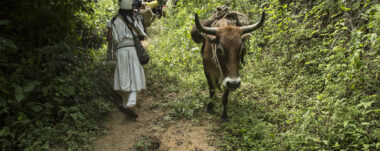What is Happening with the May Beetles?
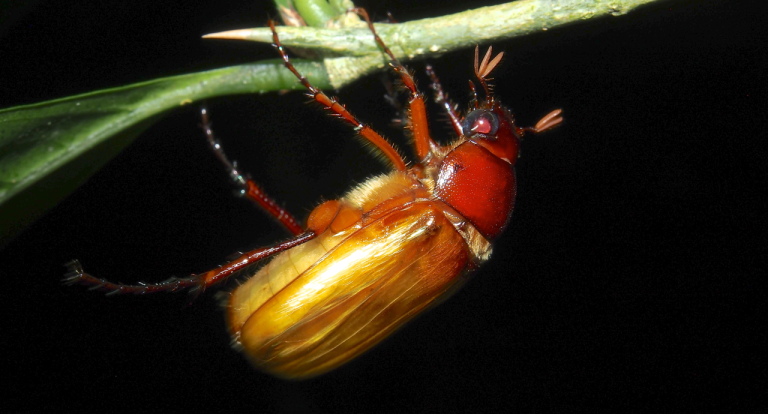
May beetles, also known as scarabs, are fascinating insects that play a fundamental role in ecosystems and in our daily lives.
The Importance of Scarab Beetles and the Need for their Protection.
These small creatures have a meaning for the balance between nature and human well-being.
May beetles are of the genus Phyllophaga and belong to the family Scarabeidae, of which there are fifteen genera, seventy-one species and three subfamilies.
Solís 2012
However, in recent years we have been witnessing an alarming reduction in their number, especially during the month of May.
An understanding of why this is happening and what we can do to protect these valuable insects is essential.
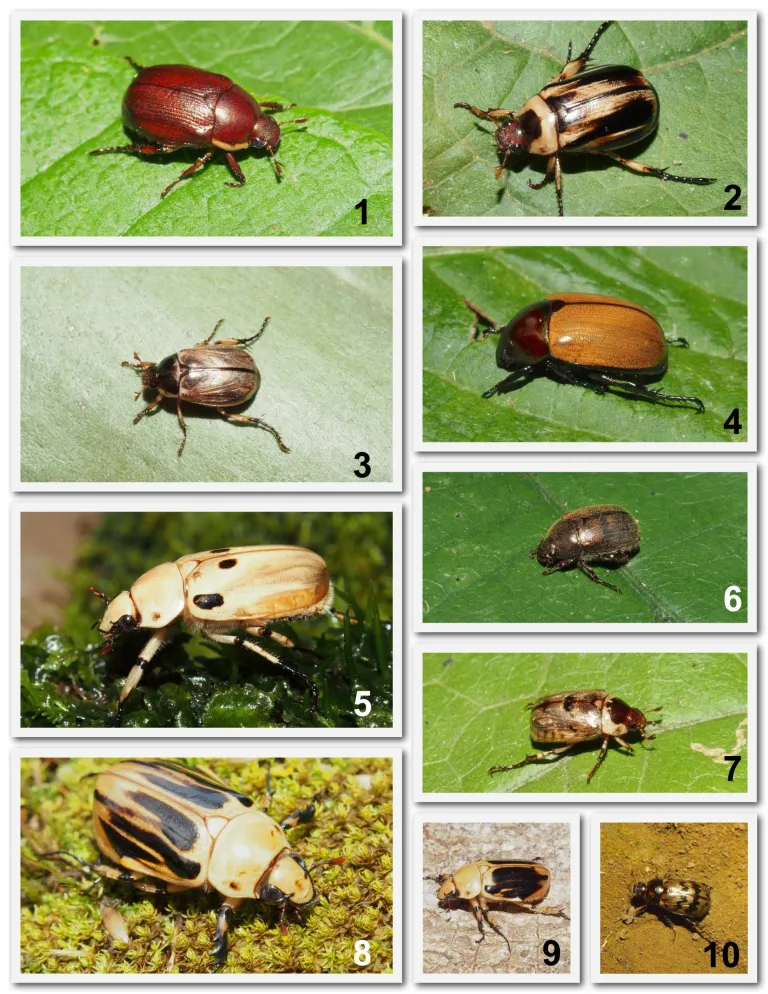
In the wild, this insects perform a number of essential tasks. First, it is important to mention that they are closely related to other pollinators, such as honeybees and butterflies. As they move from flower to flower in search of nectar and pollen, they transport pollen from one plant to another, thus facilitating fertilization and the production of fruits and seeds.
The decline of these pollinators in general can have a negative impact on pollination and plant reproduction.
They have immense ability to pollinate by flapping their wings at a rate of 132 per second, which helps them pollinate faster and more efficiently than non-native bees.
This pollination, in turn, contributes to maintaining plant biodiversity and ecosystem stability. Without may beetles and other pollinators, many plant species, including the crops that sustain our food supply, would be endangered.
Decrease in May.
An important factor is the loss and deterioration of natural habitat for may beetles. Deforestation, urbanization and the expansion of agriculture have led to the destruction of areas that once favored the reproduction and feeding of these insects. As a result, the lack of suitable nesting sites and the lack of food limits their ability to survive and reproduce.
Also, the heavy use of pesticides in agriculture is another major threat. These insects are sensitive to toxic chemicals used on crops and are sometimes directly affected by them. Pesticides can weaken may beetles, affect their reproductive system and reduce their ability to feed and pollinate.
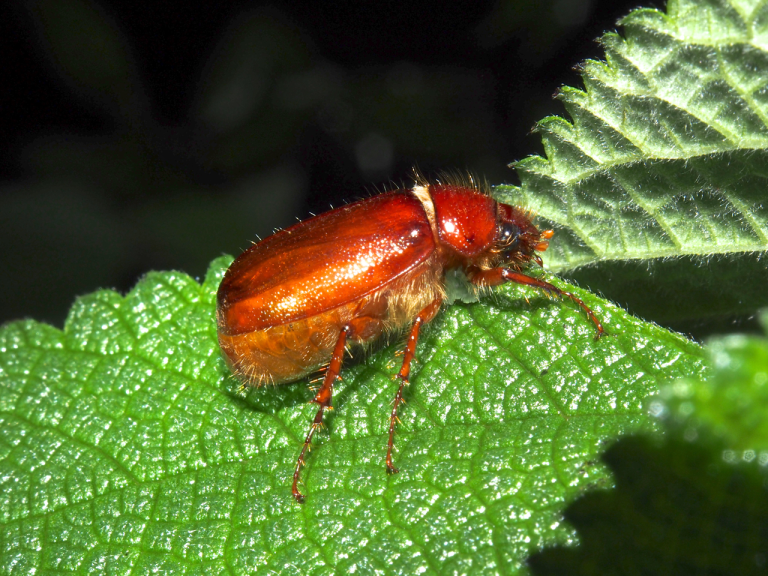
The insects popularly called ‘May beetles’ have declined by 90%-95% in the last 40 years.
Ricardo Murillo de la Universidad de Costa Rica
Climate change also plays an important role in the decline of May Beetles. Variations in weather patterns can alter the synchronization between life stages and the availability of flowers for foraging.
Changes in temperature, rain and other environmental factors can affect the flowering of plants and therefore the availability of nectar and pollen for the bees or the scarabs. This is because organisms are unable to evolve and adapt to the accelerated climate changes that have occurred in recent decades.
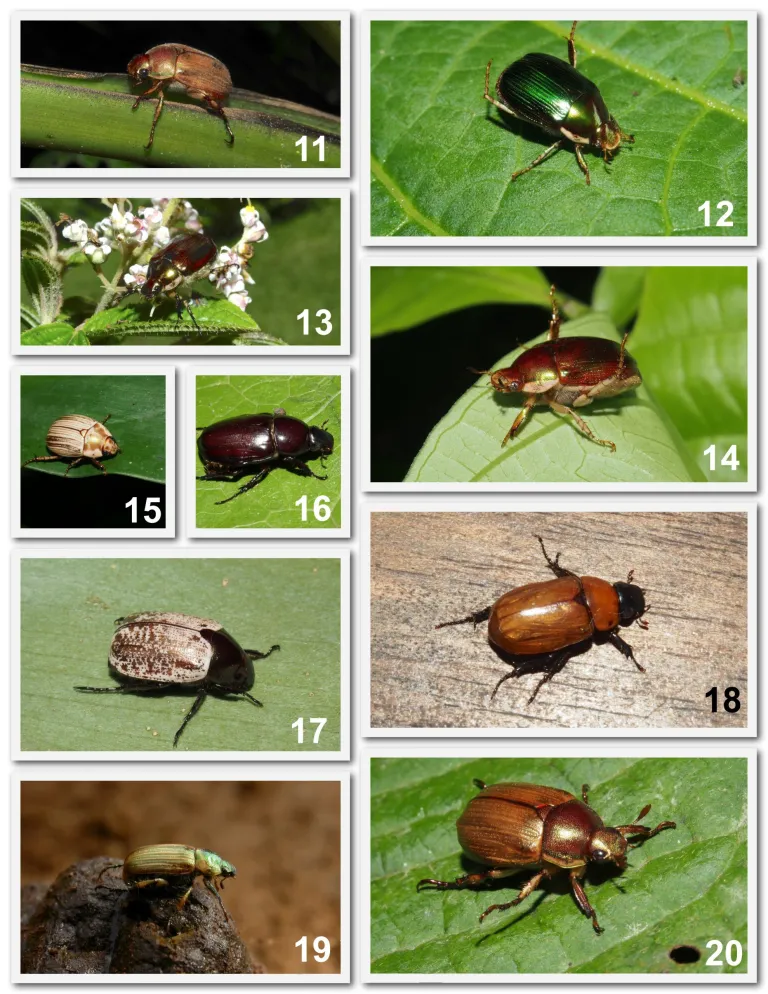
Biodiversity and scarab beetles
In Costa Rica there is a large variety of species of scarab. Highlights include the popular rhinoceros beetle, characterized by its wedge-shaped horn, and the shiny jewel beetle, which exhibits vibrant and attractive colors.
As a highly biodiverse country, we can see how biodiversity plays a key role with respect to May Beetles. The greater the diversity of species, the greater the ecological interactions and pollination networks, leading to greater resilience and stability of ecosystems.
Quite simply, the decline of May Beetles is a troubling problem that requires urgent action. By protecting and preserving these insects, we are not only caring for biodiversity, but also ensuring the pollination of plants and the healthy functioning of the ecosystems on which we depend.
Sensorial Sunsets
Navigate articles




